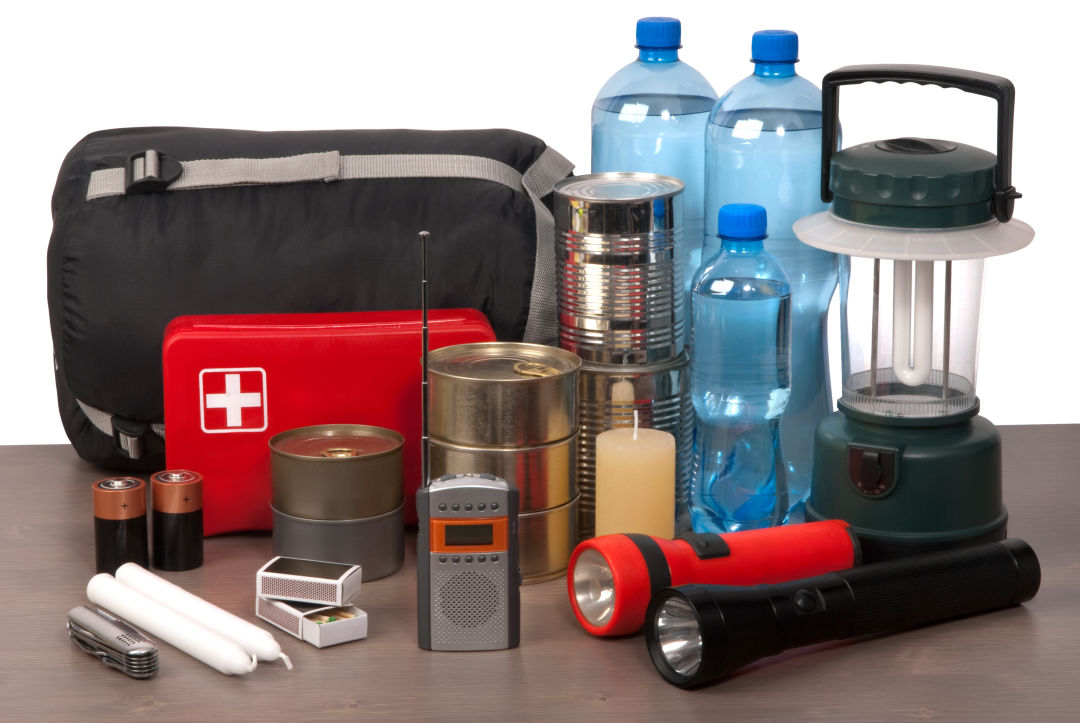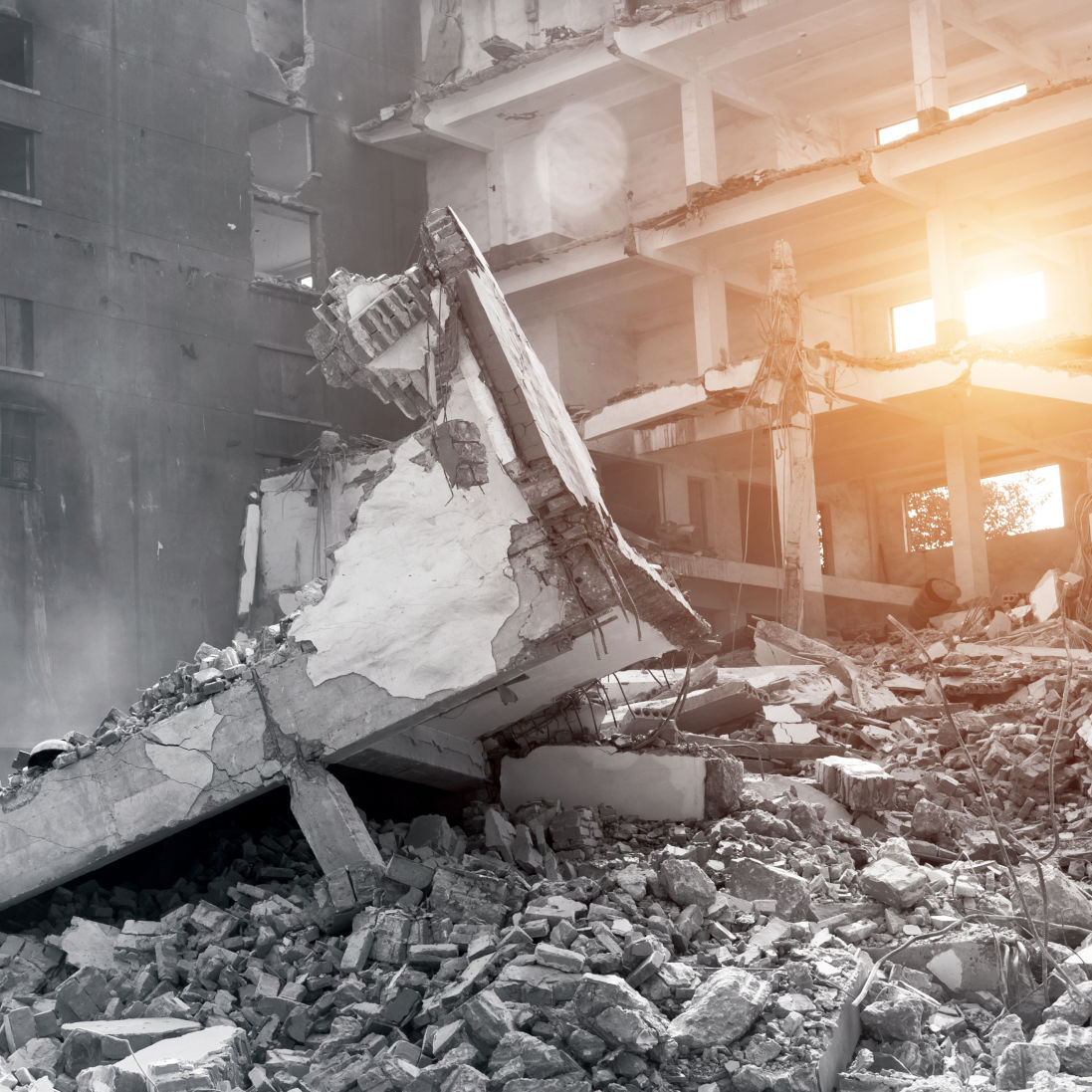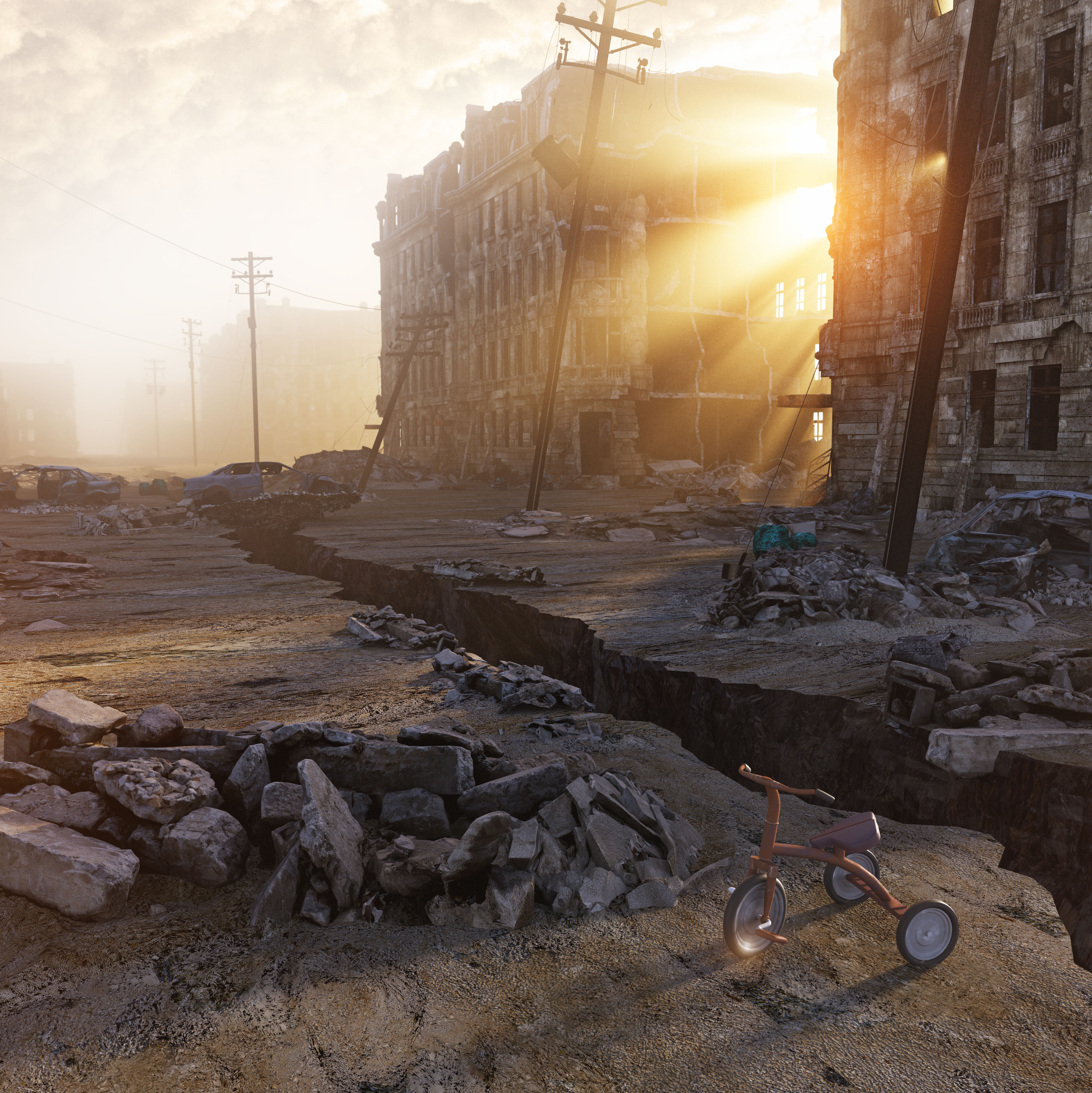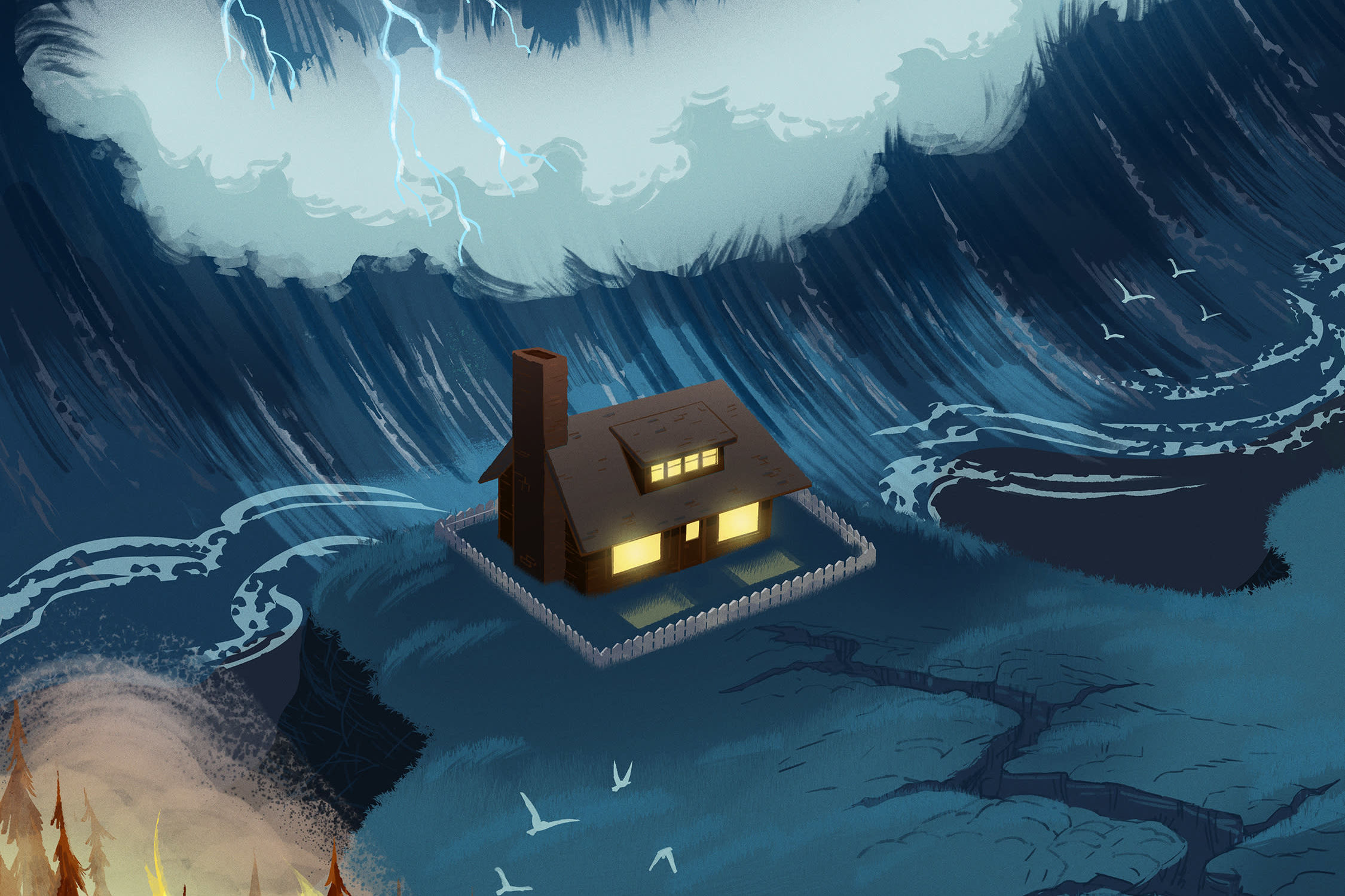The Portland Earthquake Survival Kit

Image: Shutterstock
For the responsible citizen
A 12- to 15-inch adjustable pipe or crescent wrench, for turning off water and gas (learn how: nwnatural.com and portlandoregon.gov)
Work gloves and protective goggles
Add a whistle to your key chain—it could be a life saver if you're trapped in rubble
Extra batteries, multiple flashlights, light sticks
Comfortable, warm clothing, including extra socks, and rain gear such as a poncho
At least 14 servings of food per person (canned, dried, or other long-lasting foodstuffs)
Heavy-duty plastic bags (for waste and to serve as tarps) and Duct Tape
Copies of vital documents: birth certificates, insurance policies, wills, bank account info, etc.
Needed prescription drugs, plus over-the-counter pain-killers
Charcoal or propane for out-door cooking. A Bayou Classic 12-inch Double Jet Cooker from Lowes ($50) can be used in the meantime for camping.
Deck of Cards? Harmonica? The Canterbury Tales? Something, for sure.
Cooking utensils and a manual can opener
Blankets and/or sleeping bags, perhaps a tent
Hand-cranked radio (Ambient Weather offers the Swiss army knife of am/fm/NOAA digital radios for $40)
A minimum of one gallon of water per person, per day, stored in five-gallon containers. Apartment dwellers might consider a Lifestraw personal water filter ($20). Home-dwellers with water heaters, say hello to your new drinking fountains.
For the serious prepper
In a six-month scenario, five people would need at least 900 gallons of water. Thousand-gallon storage tanks can be had for $500.
If home and work are on opposite sides of the river, keep a small workplace or car kit.
Costco, Walmart, and the like sell a "one person, one year" food kit. 9,697 servings for around $1,500. Good for decades.
An incinerating toilet? Up to $3,000. Google it.












